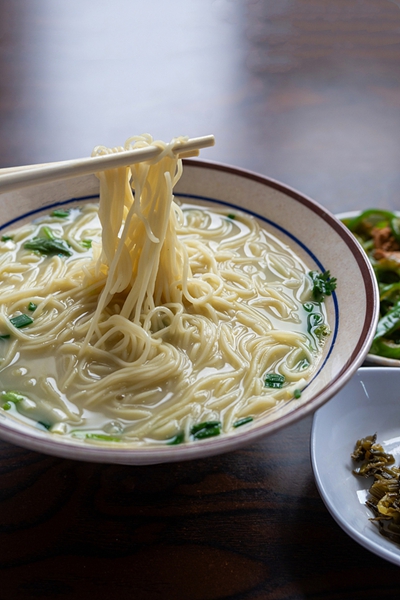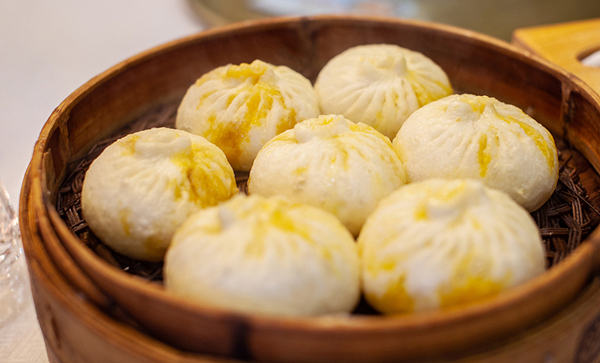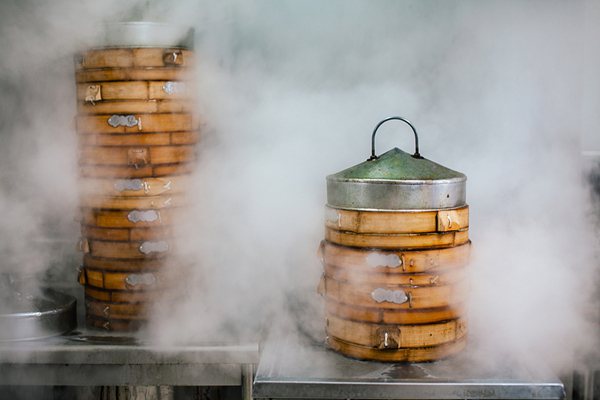Zaocha: The breakfast tea that stimulates all your senses

(CFP)
Taizhou zaocha, or Taizhou breakfast tea and dim sum, has long been a cultural and culinary landmark of the city.
For Taizhou residents, who enjoy a relaxed lifestyle, zaocha is not about showing off wealth, competing for status, or simply starting the day with a meal. Instead, it integrates a routine part of daily life and cultural significance. Sitting in a restaurant at dawn, with tea brewing and buns and gansi (a type of shredded dried tofu) on the table, comes with a sense of calm, stability and quality of life.

According to Zhang Long, general manager of Taizhou Zaocha Group, locals regard an invitation for zaocha, unlike lunch or evening drinks, as a sign of close relationships and a form of hospitality.
Traditionally, Taizhou zaocha houses primarily served plain tea. During the Qing Dynasty (1644-1911), some began to offer snacks like gansi and other pastries to attract customers. As a vital destination along the Grand Canal, Taizhou bustled with trade and merchants, including salt merchants, and housed nearly 3,000 grain shops, oil mills and warehouses.
Over time, the food culture evolved into a distinct form known as "one tea, three dishes, and one noodle." This refers to a cup of tea paired with gansi, three standard dishes (soup bun, steamed dumpling, and shumai), and the signature fish soup noodles. It became not just a merchant tradition but spread widely among the general populace.

Chen Mingxi, a master chef at Taizhou Hotel, saw gansi as the "soul" of Taizhou zaocha. He explained that gansi tests a chef's knife skills, as dried tofu must be finely sliced into over 20 layers, then cut into thin shreds with even thickness. Equally crucial is the blanching process, which uses carefully balanced hot alkaline water and also considers the ambient temperature. Over-blanching turns the shreds mushy and tasteless, while under-blanching leaves them too hard.

According to Xiao Ping, a master chef at Taizhou Zaocha Group, the zaocha menu should also include new additions.
A research report issued by the Standing Committee of Taizhou People's Congress in 2023 shows the number of zaocha stores in Taizhou increased by 1,680 within three yeas from 5,009 in 1996, when it became a prefecture-level city, and the total revenue from the catering industry grew by 3.4 times. Today, Taizhou zaocha offers over 150 different options.
The locals often say, "It's not the alarm clock that wakes people in Taizhou, but zaocha." Now the city is looking forward to using zaocha as a major draw to attract people all over the world.